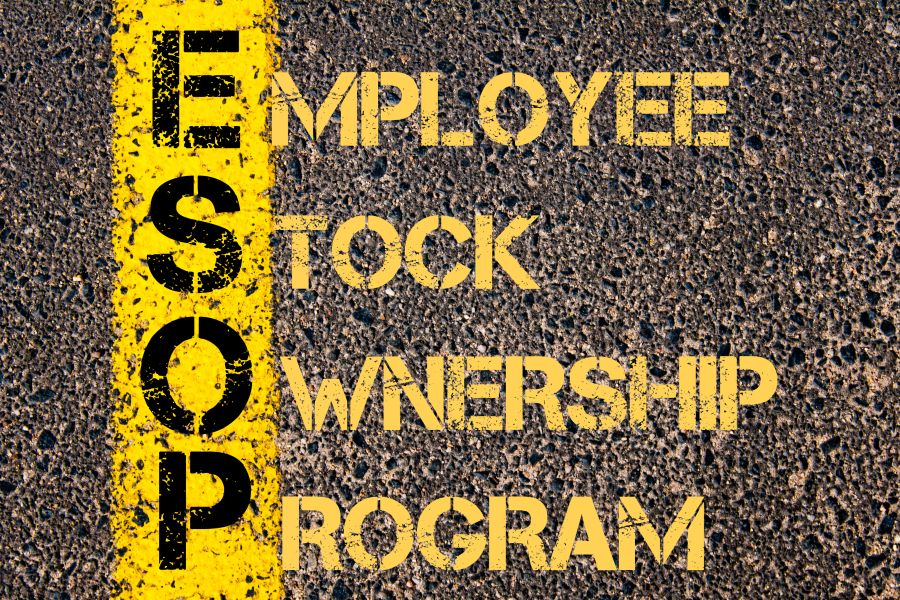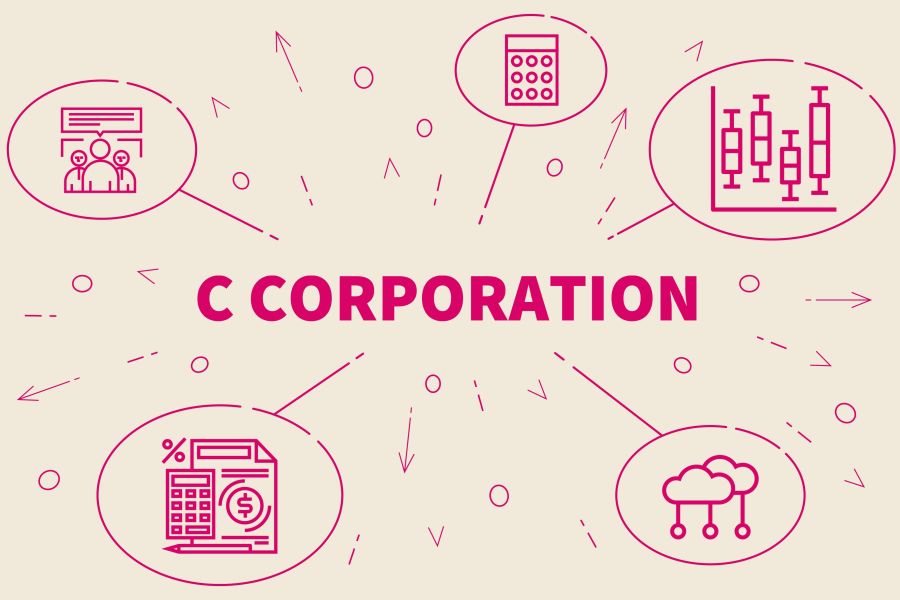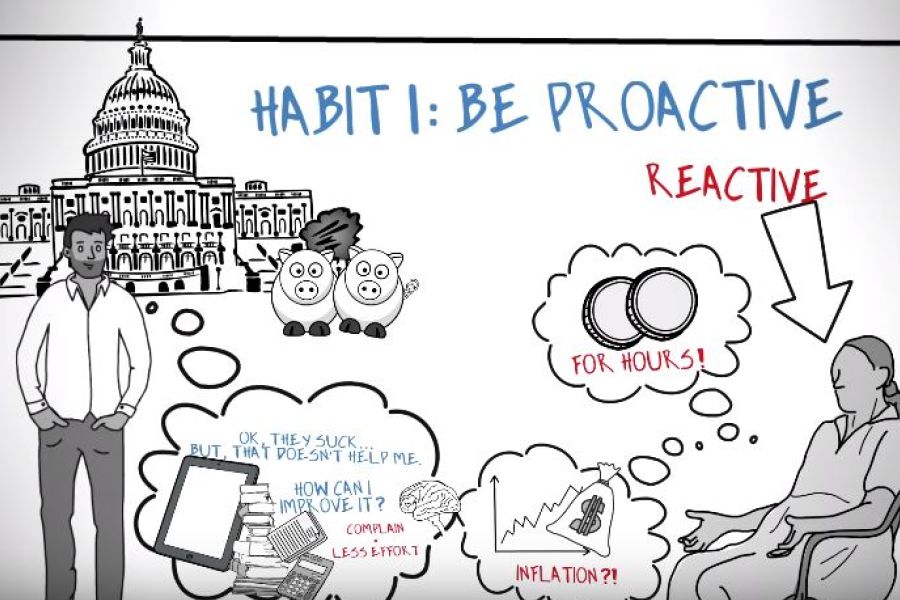Mergers and acquisitions are filled with risks, some of them unavoidable. But buyers can avoid risks associated with cooked books and other forms of deceptive accounting used by a seller to distort the value of its company. Before closing an acquisition, engage a forensic accounting expert to look for fake performance figures and hidden liabilities that might turn your deal into a disaster. Something fishy When reviewing a seller’s financial statements, forensic experts look for subtle warning signs of fraud. These include: Excess inventory, Increased accounts payable and receivable combined with dropping or stagnant revenues and income, An unusually high number of voided discounts for returns, Lack of sufficient documentation in sales records, A large number of account write-offs, and Increased purchases from new vendors. Fishy revenue, cash...

Employee stock ownership plans (ESOPs) offer closely held business owners an exit strategy and a tax-efficient technique for sharing equity with employees. But did you know that an ESOP can be a powerful estate planning tool? It can help you address several planning challenges, including lack of liquidity and the need to provide for children outside the business. An ESOP in action An ESOP is a qualified retirement plan, similar to a 401(k) plan. But instead of investing in a selection of stocks, bonds and mutual funds, an ESOP invests primarily in the company’s own stock. ESOPs are subject to the same rules and restrictions as qualified plans, including contribution limits and minimum coverage requirements. Typically, companies make tax-deductible cash contributions to the ESOP, which uses the funds...
The flat 21% federal income tax rate for C corporations under the Tax Cuts and Jobs Act (TCJA) has been great news for these entities and their owners. But some fundamental tax truths for C corporations largely remain the same: C corporations are subject to double taxation Double taxation occurs when corporate income is taxed once at the corporate level and again at the shareholder level as dividends are paid out. The cost of double taxation, however, is now generally less because of the 21% corporate rate. And double taxation isn’t a problem when a C corporation needs to retain all its earnings to finance growth and capital investments. Because all the earnings stay “inside” the corporation, no dividends are paid to shareholders, and, therefore, there’s no double...
As you likely know by now, the Tax Cuts and Jobs Act (TCJA) reduced or eliminated many deductions for individuals. One itemized deduction the TCJA kept intact is for investment interest expense. This is interest on debt used to buy assets held for investment, such as margin debt used to buy securities. But if you have investment interest expense, you can’t count on benefiting from the deduction. 3 hurdles There are a few hurdles you must pass to benefit from the investment interest deduction even if you have investment interest expense: You must itemize deductions. In the past this might not have been a hurdle, because you may have typically had enough itemized deductions to easily exceed the standard deduction. But the TCJA nearly doubled the standard...
Forensic accountants are best qualified to unearth the “hows and whys” of occupational fraud. But it’s up to employers to know when it’s time to call for professional help in the first place. The signs of fraud can be easy to miss, but they’re usually there. Something doesn’t belong Dishonest employees may use anything from fictitious vendors to false invoices to cover up theft. To ferret out potential fraud, look for such signs as: Duplicate payments, Out-of-sequence entries, Entries by employees who don’t usually make them, Unusual inventory adjustments, Accounts that don’t properly balance, and Transactions for amounts that appear too large or too small, or transactions that occur too often or too rarely. An increase in the number of complaints your company receives is another warning sign....
Commercial buildings and improvements generally are depreciated over 39 years, which essentially means you can deduct a portion of the cost every year over the depreciation period. (Land isn’t depreciable.) But special tax breaks that allow deductions to be taken more quickly are available for certain real estate investments. Some of these were enhanced by the Tax Cuts and Jobs Act (TCJA) and may provide a bigger benefit when you file your 2018 tax return. But there’s one break you might not be able to enjoy due to a drafting error in the TCJA. §179 expensing This allows you to deduct (rather than depreciate over a number of years) qualified improvement property — a definition expanded by the TCJA from qualified leasehold-improvement, restaurant and retail-improvement property. The TCJA...
As posted to the FightMediocrity YouTube Channel on 3/28/15 (Run time: 6 min, 42 sec) The 7 Habits of Highly Effective People, first published in 1989, is a business and self-help book written by Stephen Covey. Covey presents an approach to being effective in attaining goals by aligning oneself to what he calls "true north" principles based on a character ethic that he presents as universal and timeless. (Wikipedia 2/10/19) FightMediocrity is dedicated to fighting mediocrity through big ideas. The artist picks some of his favorite books in self-improvement and self-help that he has found useful on his personal development journey, animates them, and shares them with his audience....
Choosing the right executor — sometimes known as a “personal representative” — is critical to the smooth administration of an estate. Yet many people treat this decision as an afterthought. Given an executor’s many responsibilities and complex tasks, it pays to put some thought into the selection. Job description An executor’s duties may include: Collecting, protecting and taking inventory of the estate’s assets, Filing the estate’s tax returns and paying its taxes, Handling creditors’ claims and the estate’s claims against others, Making investment decisions, Distributing property to beneficiaries, and Liquidating assets if necessary. You don’t necessarily have to choose a professional executor or someone with legal or financial expertise. Often, lay people can handle the job, hiring professionals as needed (at the estate’s expense) to handle matters beyond...
- 1
- 2
- 3
- 4
- 5
- 6
- 7
- 8
- 9
- 10
- 11
- 12
- 13
- 14
- 15
- 16
- 17
- 18
- 19
- 20
- 21
- 22
- 23
- 24
- 25
- 26
- 27
- 28
- 29
- 30
- 31
- 32
- 33
- 34
- 35
- 36
- 37
- 38
- 39
- 40
- 41
- 42
- 43
- 44
- 45
- 46
- 47
- 48
- 49
- 50
- 51
- 52
- 53
- 54
- 55
- 56
- 57
- 58
- 59
- 60
- 61
- 62
- 63
- 64
- 65
- 66
- 67
- 68
- 69
- 70
- 71
- 72
- 73
- 74
- 75
- 76
- 77
- 78
- 79
- 80
- 81
- 82
- 83
- 84
- 85
- 86
- 87
- 88
- 89
- 90
- 91
- 92
- 93
- 94
- 95
- 96
- 97
- 98
- 99
- 100
- 101
- 102
- 103
- 104
- 105
- 106
- 107
- 108
- 109
- 110
- 111
- 112
- 113
- 114
- 115
- 116
- 117
- 118
- 119
- 120
- 121
- 122
- 123
- 124
- 125
- 126
- 127
- 128
- 129
- 130
- 131
- 132
- 133
- 134
- 135
- 136
- 137
- 138
- 139
- 140
- 141
- 142
- 143
- 144
- 145
- 146
- 147
- 148
- 149
- 150











